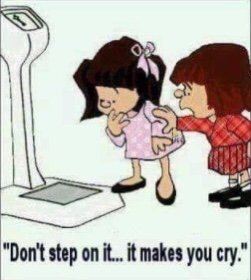I've got a friend who seems to have a more negative side to his character, where he's behaving in a more controlling, or territorial fashion, (no, not the "so called friend" I go on about a lot!).
Anyway, I do think his negative side is showing a little more recently, whilst he's going through a divorce he probably iniated, or his actions have lead to anyway.
This is the egocentric side I believe I'm seeing, or an example of it anyway. He kindly offered the use of his large garage, or when this is needed for his own use sometimes, a dry shed, so that an old tractor I'm having repaired could be worked on by a specialist engineer, who we've both known a long time. In order to avoid being in my friends way, both the engineer and myself have gone out of our way to try to keep my friend informed when work is to be done on the tractor, and yet even this isn't seemingly sufficient to satisfy his ego!
Yesterday is a fairly good example, as I spoke to my friend in the morning, saying the engineer hoped to start work again late afternoon, and when I'd got it confirmed the engineer could definitely come I tried to contact my friend on his home phone, and his mobile, but couldn't get through to him. The engineer did say, "I haven't spoken to our friend to confirm I'm coming, as he likes to do every time, but I said, well I've told him you're hoping to come, so it should be all fine.
The upshot was when the engineer arrived and had just started work, the friend returned to his farm telling me, " No one told him he was coming", although I tried to explain I'd tried but couldn't get through, "his victory" was I hadn't managed it, and he felt entitled to have a moan, in spite of all our efforts to be fair, keep him informed and so on.
Its control creamery really isn't it, and its combined with an effort to fool you he's happy to go along with whatever we're doing, at least in statements when he offered the chance to use his garage or other shed. His mum was a teacher, and I'm not sure whether that has anything to do with it on the controlling aspect of his character, and my engineer friend, who knew his mother much better than I did suggested his dad could be quite controlling with his mother, so maybe this is where it comes from, "I just don't know!".

 )
)




